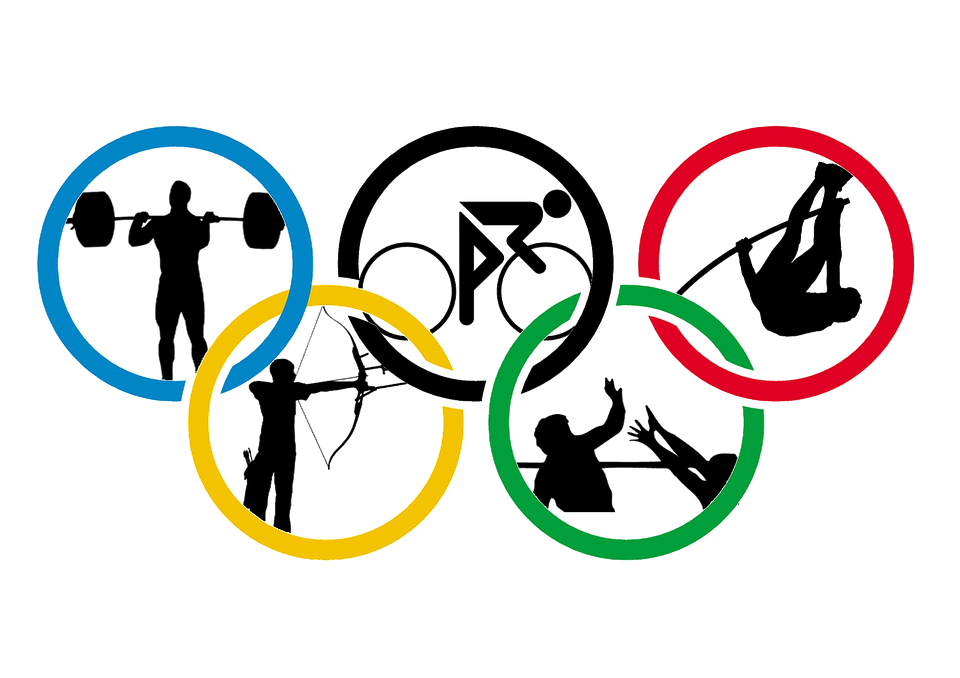Report from humanitarian groups proves Israel is deliberately blocking essential aid from entering Gaza
09/23/2024 / By Laura Harris

Israel has been preventing the majority of essential aid from entering the Gaza Strip since the Israel-Hamas conflict began on Oct. 7.
A report conducted by 15 humanitarian aid organizations recently revealed that essential aid – including food, medicine, fuel and shelter – has been systematically blocked from entering Gaza for almost a year. (Related: UN investigator accuses Israel of “deliberately starving” Palestinians in Gaza; Netanyahu denies allegation.)
“Agencies have detailed six main ways their life-saving aid is systematically obstructed on a daily basis,” the report stated. “These include the denial of safety, with more than 40,000 Palestinians and nearly 300 aid workers killed since last October; the sharp tightening of a 17-year blockade to a full siege, which prevents aid from entering Gaza; delays and denials which restrict the movement of aid around Gaza; tightly restrictive and unpredictable control of imports; the destruction of public infrastructure such as schools and hospitals; and the displacement of civilians and humanitarian workers (witnessed again in recent displacement orders from the so-called “humanitarian zone” in Deir el-Balah.)”
This obstruction has driven the people of Gaza into a worsening state of desperation, with nearly half a million now facing starvation and the entire population suffering from hunger and disease.
For instance, 83 percent of the necessary food aid is being blocked from entering the area, up sharply from 34 percent in 2023. In turn, residents, who previously had access to two meals a day, now face the grim reality of surviving on just one meal every other day. It is estimated that by the end of 2024, around 50,000 children between the ages of six and 59 months will require urgent treatment for malnutrition.
Aside from the food crisis, 65 percent of the required insulin and half of the necessary blood supply are unavailable in Gaza. Meanwhile, the availability of hygiene items has dropped to just 15 percent of what was accessible in September 2023. This has left one million women without essential hygiene supplies.
The healthcare system, which was already strained before the war, is now in a state of collapse. Only 1,500 hospital beds remain operational, down from 3,500 in 2023 and far below the needs of Gaza’s more than two million residents.
As of January, 60 percent of homes in Gaza have been destroyed, leaving 1.87 million people in need of shelter, but tents have been supplied for only 25,000 people since May. In August, an average of 69 aid trucks per day entered Gaza, compared to 500 trucks per working day in 2023, leaving more than one million people without food rations in central and southern Gaza.
Moreover, the destruction of critical infrastructure such as water networks, sanitation facilities and bread mills has compounded the situation. To date, only 17 out of the 36 hospitals in Gaza remain partially functional, while large-scale destruction of schools and public facilities continues.
Humanitarian agencies call for an end to the obstruction of aid and immediate ceasefire in Gaza
The humanitarian aid agencies are now calling on governments to demand an end to the obstruction of aid and to secure an immediate ceasefire ahead of the United Nations General Assembly in New York.
They are also calling for the implementation of an arms embargo to prevent the export of weapons that could contribute to further violations of international humanitarian and human rights laws. In addition, they urge governments to heed the advisory opinion of the International Court of Justice and push for an end to the Israeli occupation of Palestinian territories.
“The situation was intolerable long before last October’s escalation and is beyond catastrophic now,” said Jolien Vedwijik CARE Country Director for the West Bank and Gaza.
“Over 11 months, we have reached shocking levels of conflict, displacement, disease and hunger. Yet, aid is still not getting in, and humanitarian workers are risking their lives to do their jobs while attacks and violations of international law intensify,” Vedwijik continued. “Aid, which is urgently required for 2.2 million people at risk of dying in the coming weeks and months, should never be politicized. We demand an immediate and sustained ceasefire, and the free flow of humanitarian aid into and throughout Gaza.”
Amjad Al Shawa, the director of the Palestinian NGOs Network, an umbrella organization of 30 Palestinian NGOs and a partner of ActionAid, also echoed a similar statement.
“There is a shortage of all humanitarian items. We are overwhelmed [with] these needs and [these] urgent requirements…People [are] starving due to the shortage of aid…100 percent of the population depend on humanitarian aid…It’s the worst situation that we [witnessed] during the Israel war in Gaza,” he said.
Follow Humanitarian.news for more stories about the humanitarian operations happening in Gaza.
Watch this short clip of displaced Palestinians in Gaza being forced to collect rainwater for drinking due to the Israeli blockade of the Strip.
This video is from the Cynthia’s Pursuit of Truth channel on Brighteon.com.
More related stories:
United Nations accuses Israel of BLOCKING humanitarian aid deliveries into Gaza Strip.
UN Secretary-General Antonio Guterres calls for immediate humanitarian CEASEFIRE in Gaza.
Sources include:
Submit a correction >>
Tagged Under:
big government, chaos, collapse, evil, Gaza, Hamas, Holy War, humanitarian aid, hunger, insanity, Israel, Israel-Palestine war, national security, Palestine, rationing, scarcity, starvation, suppressed, twisted, tyranny, War crimes, WWIII
This article may contain statements that reflect the opinion of the author
RECENT NEWS & ARTICLES
COPYRIGHT © 2022 Rationing.News
All content posted on this site is protected under Free Speech. Rationing.News is not responsible for content written by contributing authors. The information on this site is provided for educational and entertainment purposes only. It is not intended as a substitute for professional advice of any kind. Rationing.News assumes no responsibility for the use or misuse of this material. All trademarks, registered trademarks and service marks mentioned on this site are the property of their respective owners.




















